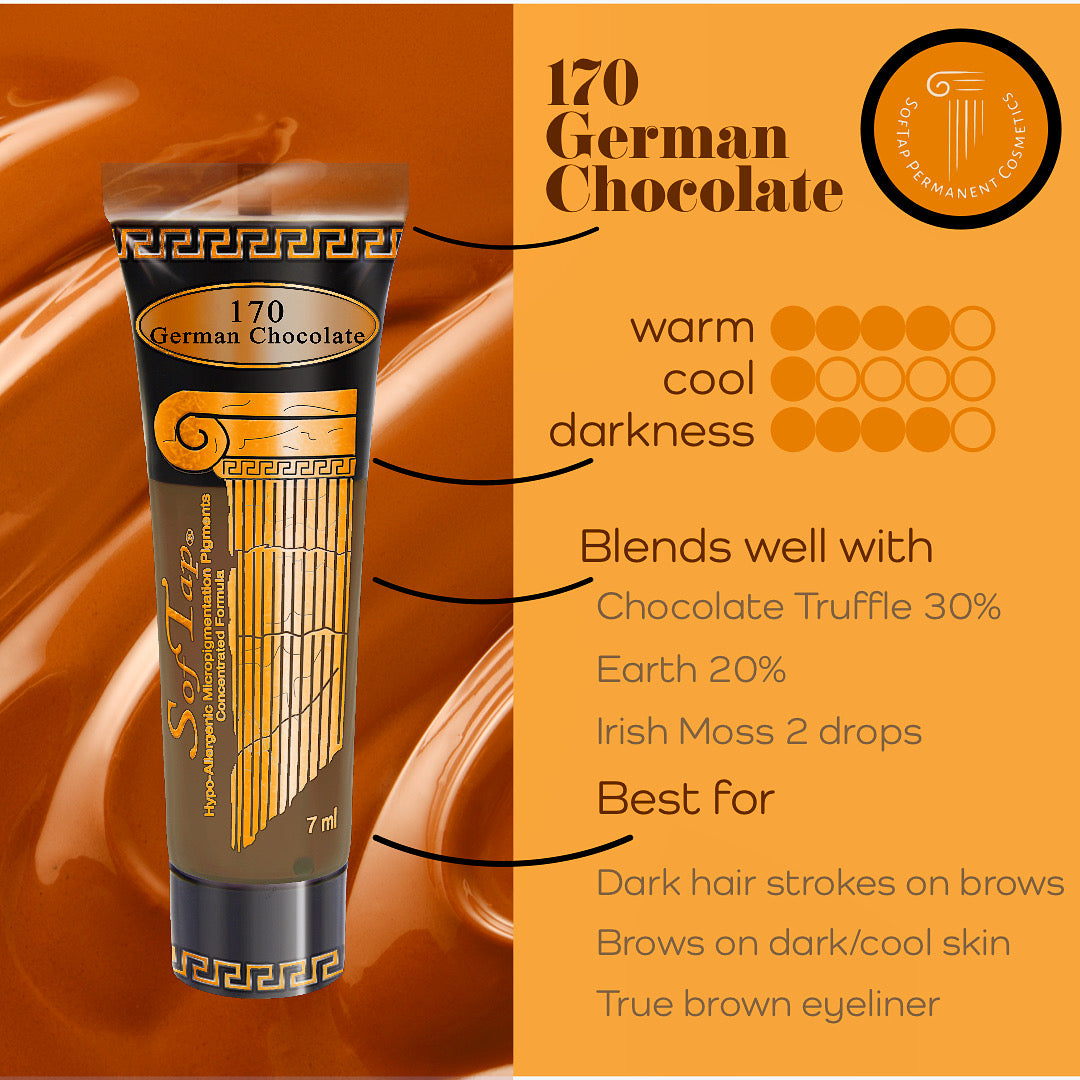The Importance Of Your Client’s Medical History
It may not seem as important as the technique or artistic skill, but in reality, ensuring our clients are safe and satisfied with the results is fundamental.
In this article, we'll explore why your client's medical history is so important in the world of permanent makeup. From allergies to medications, there are many things that can affect the process and results of micropigmentation,or microblading and it's vital to know them before starting any PMU procedure.
Consultation is one of the most important steps when doing permanent makeup.
Today I want to review the consultation forms your client must complete before the PMU procedure.
Although this is a procedure most people benefit from, there are cases when it is not recommended, especially if your client has some conditions that contraindicate it.
Some of the topics I am covering in this article are:
- Tendency to keloid scarring
- History of allergies
- Diabetes
- Epilepsy
- Hemophilia
- Hematological diseases
- Dermatological diseases
- Autoimmune diseases
- Cancer
- Medicines clients are taking
- Pregnancy or lactation
- HIV and AIDS
- Hepatitis B or C
- Active disease
- Surgery
- Eyelash extensions
- Use of contact lenses
I always recommend that you take the time to check your client has filled out the entire form and review it together to resolve any doubts they may have. But, before to solve those doubts, you must know the following conditions:

Tendency to keloid scarring
Scarring is a normal process that happens in our body due to a wound and subsequent regeneration of the cells involved, in the case of PMU, the skin cells. When there is a problem in this healing process, a hypertrophic scar (thicker than normal) or a keloid scar (thicker, more raised, and that surpasses the edges of the wound) can occur.
This type of scar after PMU is more common in the lips but may also occur in the eyebrows.
If your client is prone to keloid scarring, I recommend you work with a manual technique and avoid doing pigment removal.
Your client must give your special authorization standing that they decide to carry out this procedure.
It is important to note that there may be some abnormal scarring after permanent makeup in people who have not had any previous scarring and who did not know they tended to it.
History of allergies.
Customers with a history of allergy to traditional cosmetics benefit from permanent makeup; however, it is essential to ask if the person is allergic to any of the components of pigments, anesthetics, post-treatment ointment, latex, or some other element that is used to perform the procedure. You must become familiar with the ingredients and components of all the products and implements you use.
Although the allergic reaction to pigments is rare, your client should know that they have the option of having a patch test, a procedure performed 15 days before the actual procedure.

Epilepsy
People who suffer from this condition have seizures (involuntary movements). Attack epilepsy can happen anytime and may be triggered by the stress this procedure generates, which is a contraindication.
Hemophilia
This condition causes uncontrollable bleeding. Since some degree of bleeding is generated during this procedure, it will be tough for you to control this situation; for this reason, it is a contraindication.
Diabetes
People with diabetes are more prone to infections. That is why it is important that the clients who are going to undergo this procedure have their blood sugar levels in normal values. For precaution, you may recommend they ask for authorization from their doctor before undergoing a micro pigmentation procedure.

Hematological diseases
(diseases of the blood cells). Many diseases involving the blood cells generate a poor reaction against infections, making them more frequent after a procedure of permanent makeup, which is also a contraindication.
Dermatological diseases
(diseases of the skin). Remember the skin is a single organ, so if a person has an allergic reaction or a disease that affects any part of the body, they may have an adverse reaction around or in the place of micro pigmentation. An example of this is seborrheic dermatitis on the scalp. Although the problem is in the head, it can trigger an inflammatory process in the eyebrows secondary to the trauma generated by the needles. This is a contraindication.

Eyelash extensions
If you are going to perform eyeliners, it is recommended that your client does not have eyelash extensions at that time as they may fall during the procedure due to its wet conditions.
Use of contact lenses
It is recommended that your client does not wear contact lenses during the eyeliner procedure. The friction and the traces of pigment or topical anesthetic between the lens and the cornea may generate irritation or corneal injury. It is recommended that your client does not wear contact lenses for the next 24 to 48 hours and that lubricating drops are applied frequently
Vitiligo
People with vitiligo can benefit from micro pigmentation camouflage; however, to perform the procedure, it is essential that the vitiligo process is stable and has not increased in size for at least six months.

Autoimmune diseases
This is a tricky topic as there are multiple diseases of this type. As an artist in micropigmentation, I know you may not be familiar with these types of diseases, but if your client has any of them, they will know they have them. In that case, it is essential to ask if the disease is or is not controlled and if they take corticosteroids as part of the treatment. If the client is not under control and is taking these medications, you should NOT perform the procedure. Their immune system will be compromised to some degree, and they will be more prone to suffer from infections of different types after the PMU procedure
HIV and AIDS
This is a question that I always ask my students: Would you do a procedure on a person who is HIV positive? some say yes, and others say no. Those who say no are more afraid of getting infected. My opinion is that you can perform this procedure using all the necessary measures to avoid cross-contamination and treat each of your clients as if they were HIV positive in terms of precaution; this is the only way that you never get infected. But the most important thing is the well-being of your client. An HIV-positive client under treatment usually has adequate levels of defense. The chances of infection are lower than in a client who has developed AIDS, where the patient is already immunologically compromised and has a higher probability of infection. In the latter case, the procedure is contraindicated.

Active disease
This procedure must be performed in a completely healthy person to avoid any type of complication, whether related to generating an infection after the procedure if the person has weak defenses or because the color pickup is modified due to increased immunological reaction. Even if your client presents a cold, you must abstain from doing permanent makeup
Cancer
Patients who have been on cancer treatment with chemotherapy and have lost eyebrow hairs benefit from permanent makeup in their eyebrows, and those who have undergone a mastectomy. If your client is actively under chemotherapy, this procedure is contraindicated because their immune systems get weak and may be more prone to the onset of infections. Wait until they are in the recovery phase and their doctor authorizes it.
Surgery.
Suppose your client has undergone any type of surgery 2-3 weeks before the procedure or plans surgery on her face during the following 2-3 weeks after the procedure; I suggest you postpone the procedure and wait one month after the surgery. After surgery, the body starts healing, and the immune system is more active than usual. This means that there are more immune cells circulating throughout the body. Still, those cells do not differentiate between the remains of the inflammatory process after the surgery with the pigment implanted during the procedure of permanent makeup. This is how the pigment is also destroyed in its path, and the result will not be good. In this case, you must make one or two touch-ups to get the desired result.

Hepatitis B or C
These conditions are not contraindications; you should only consider them as a precaution and remind yourself that you should treat all your clients as if they were positive to prevent you from getting infected. Remember that these diseases are transmitted via blood. You may get infected if you improperly manipulate the elements containing your client’s blood and get pricked with the needle you are working on.
Fever blisters on the lips (cold sores).
People who have suffered from this condition will always be prone to developing it after the procedure of permanent makeup on the lips. To prevent this from happening, it is recommended that the client request a prescription for a Zovirax-type antiviral agent from his or her family doctor. The client must start the medication the day before the procedure and continue it as long as the doctor recommends.

Medicines that interfere with permanent makeup procedures
- Corticosteroids: These medicines compromise the immune system and make the client prone to infection- Which contraindicates the procedure.
- Coumadin: It is an anticoagulant and will make the client have more bleeding that will be challenging to control- This contraindicates the procedure
- Aspirin: Low-dose aspirin (80-100 mg/day) does not contraindicate the procedure, but your client will have more bleeding than usual, which makes the procedure and pigment implantation difficult. Both of you, you and your client should know this situation before starting the PMU procedure.
- Accutane: If your client takes Accutane, the skin will not take the pigment properly; this is a temporary contraindication. It is better to wait at least six months after they finish the treatment to perform the procedure.
- Glycolic Acid or Retinoic Acid. This does not contraindicate the procedure, but since many people apply these products that help maintain the skin renewed, if your client is one of these, she should know that her permanent makeup should be touched up more frequently than a person who does not use it.

You must review the form you use and verify that it contains all the necessary components to consider when doing micro pigmentation. If you want to have the form that I use, you can download it by clicking on the following link here
By understanding this information's significance, you can ensure that you always provide the best possible service to your clients. Whether you're a seasoned professional or new to this field, I hope this article has been informative and helpful. Remember, a thorough medical history is key to permanent makeup success. Keep learning and perfecting your craft!

I hope that what I do, inspires you for your next Procedure!
Talk soon,
Dr. Sandra Cardona
Must Have pmu pigments
explore more ARTICLES
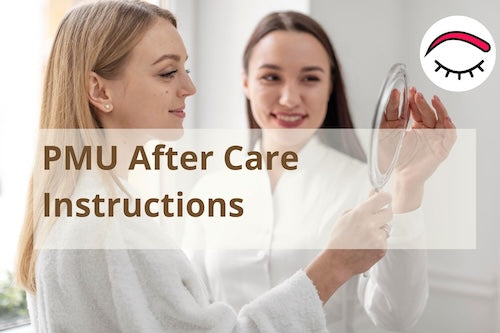
AFTER CARE DIRECTIONS FOR YOUR CLIENTS
Several factors affect the fixation of the Softap pigment, including the skin type of your client, their immune system response, the number of passes you do during the procedure, and the technique you performed. Still, it is also imperative that the person follows the post-procedure instructions since this directly affects the color retention and, of course, the final result.
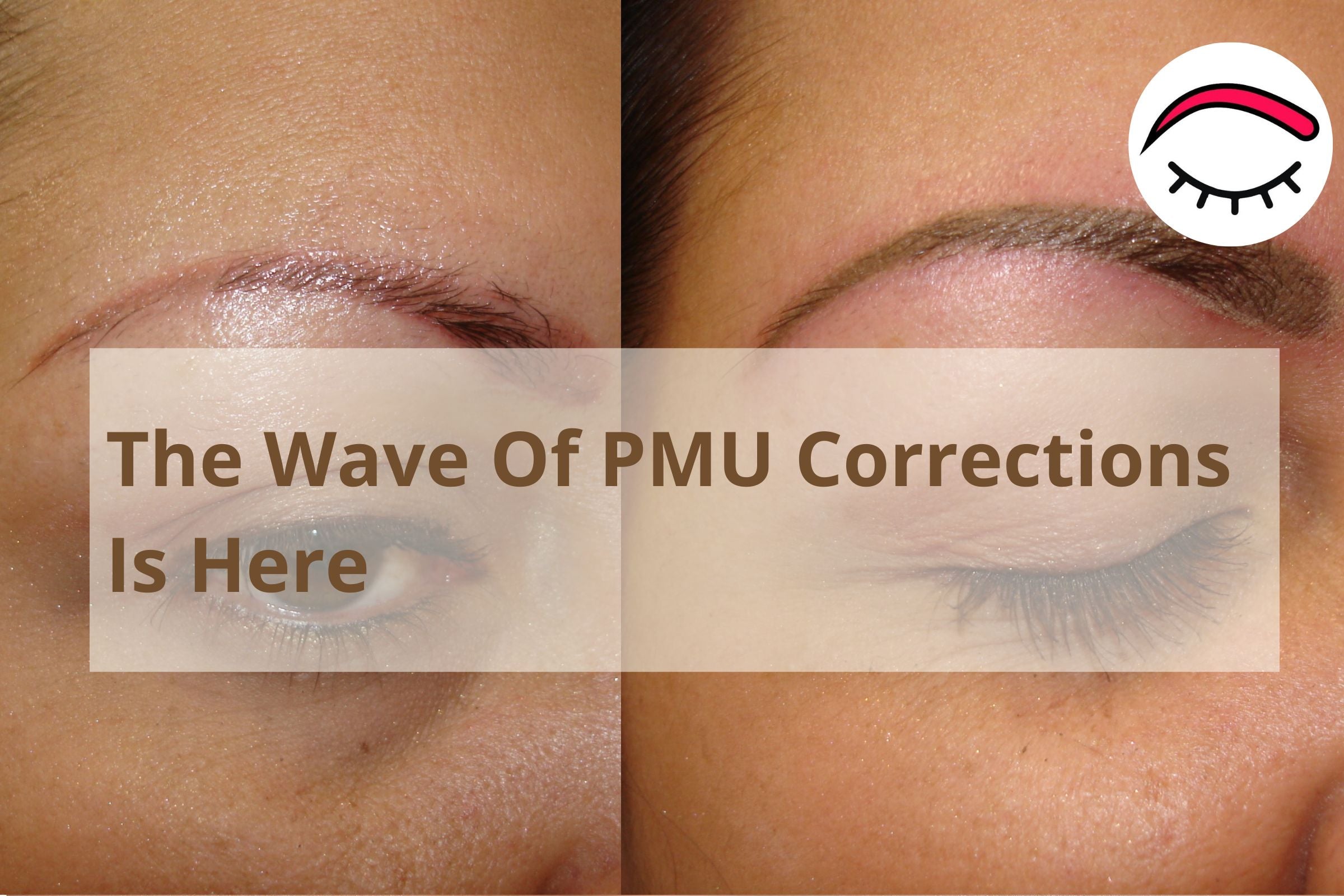
The Wave Of PMU Corrections Is Here
Many technicians write to me asking for guidance on correcting or erasing the work using Lightning™ remover since consultations about these issues are rising in their offices.
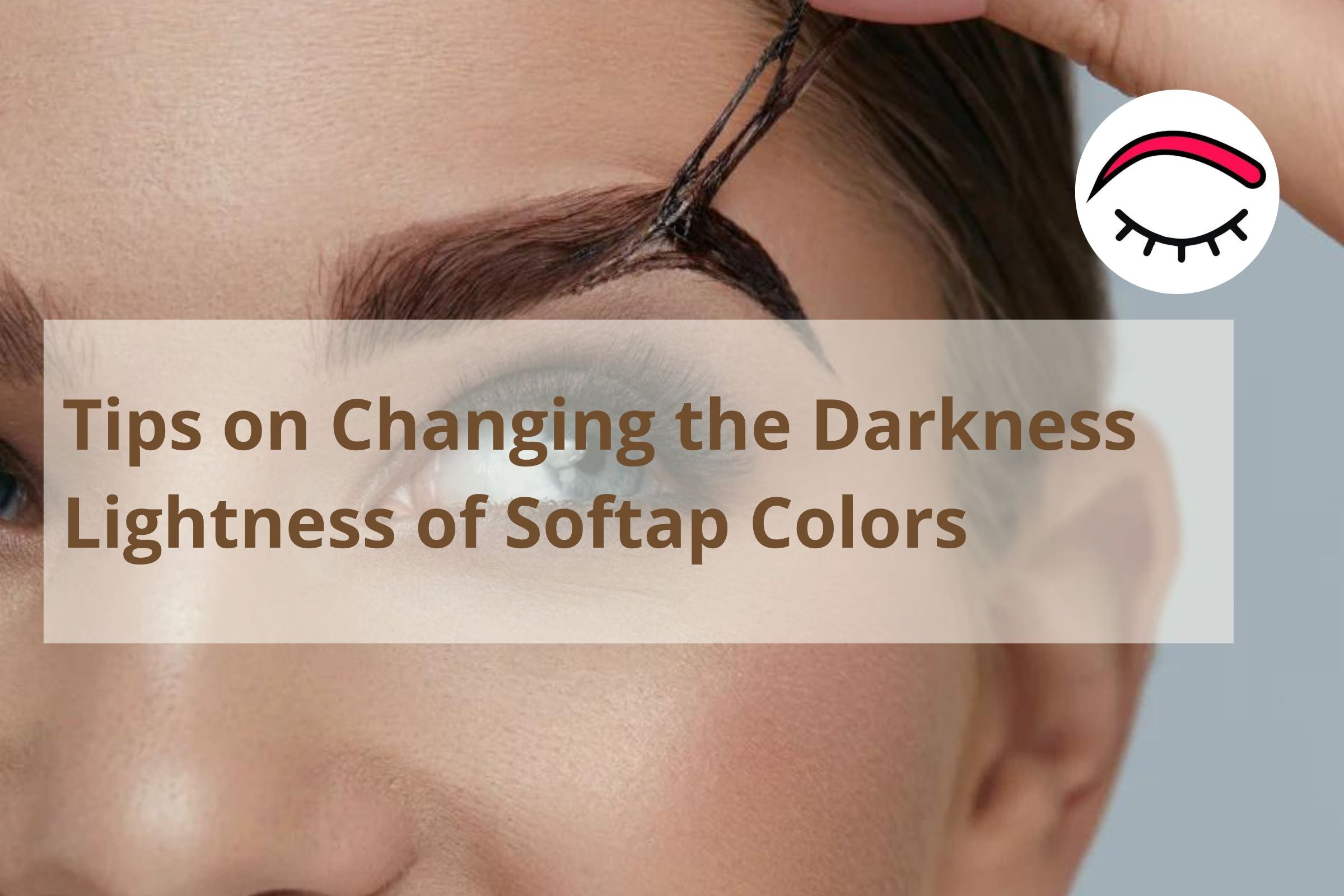
Tips on Changing the Darkness /Lightness of Softap Colors
Tips and techniques for effectively changing the darkness or lightness of Softap colors. Whether you need to modify the pigment itself or adjust a previous permanent makeup procedure We offer a wide variety of supplies for all your permanent makeup needs, including microblading, eyebrow tattooing, eyeliner, and lip tattooing.
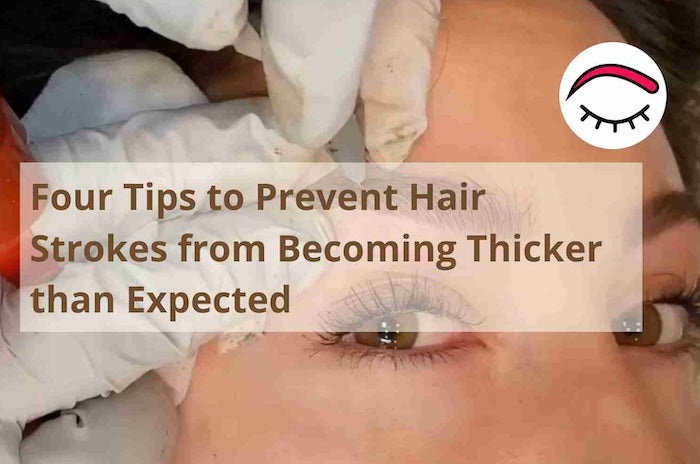
Four Tips to Prevent Hair Strokes from Becoming Thicker than Expected
In this article, we'll explore four tips to prevent hair strokes from becoming thicker than desired, covering factors that are both under and out of your control. Whether you're a seasoned professional or new to microblading, these tips can help you achieve beautiful and natural-looking results for your clients.
Subscribe for our training newsletter
WORLDWIDE LEADERS







